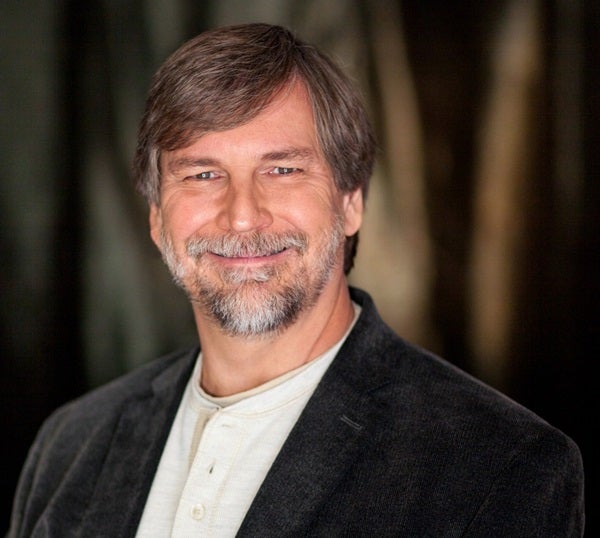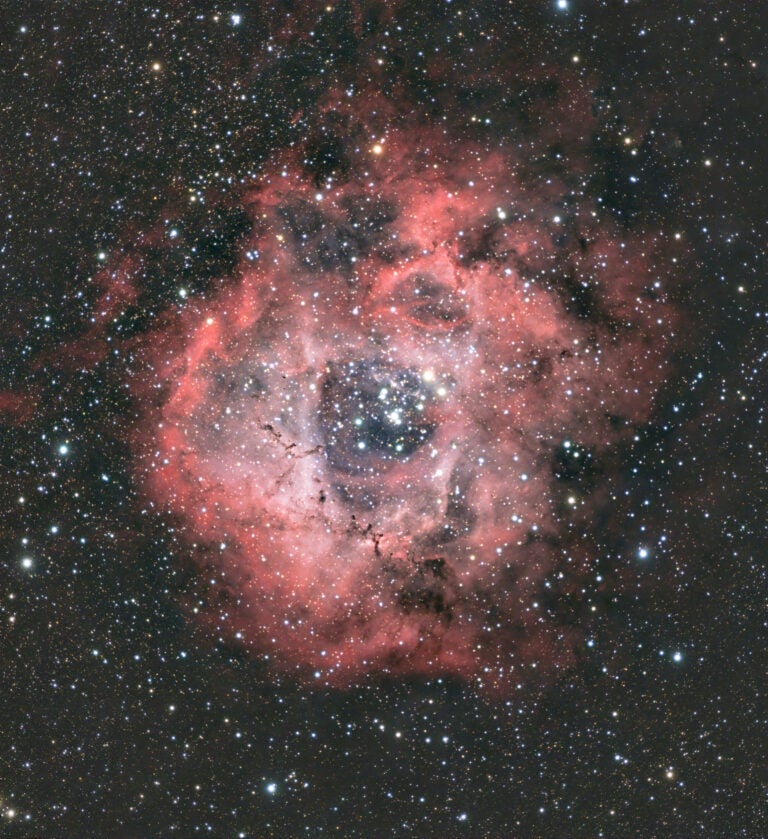
In his last book, The Discarded Image: An Introduction to Medieval and Renaissance Literature, C.S. Lewis explores how Europeans before the Scientific Revolution thought about the world. Rather than intellectual creativity, Lewis relates, medieval Europe was all about wrapping up the elements of its culture into a nice, clean, tidy package: “At his most characteristic, medieval man was not a dreamer nor a wanderer. He was an organizer, a codifier, a builder of systems.” Lewis went so far as to jokingly say, “Of all our modern inventions I suspect that they would most have admired the card index.”
It would be wrong to mistake Lewis’ humor for derision. On the contrary, Lewis found the medieval world and its mindset captivating. Reading Lewis’s The Chronicles of Narnia, it’s hard to escape the feeling that something was lost as the medieval world gave way to the modern. Lewis appreciated the appeal of a clearly articulated and universally accepted conception of the world. He understood the power of what he called “the medieval synthesis itself, the whole organization of their theology, science and history into a single complex, harmonious mental model of the universe.”
Astronomy magazine subscribers can read the full answer for free. Just make sure you’re registered with the website.









